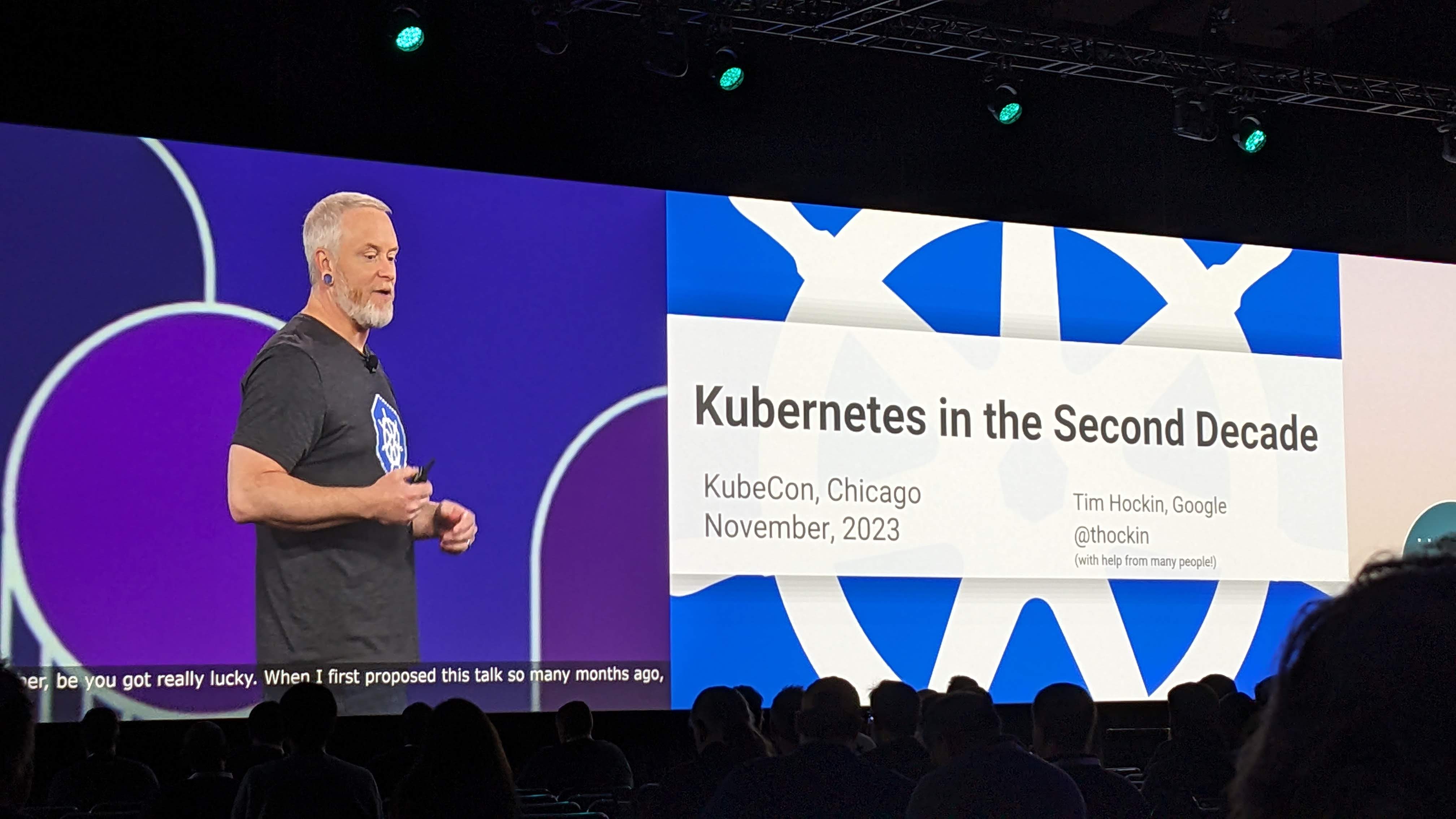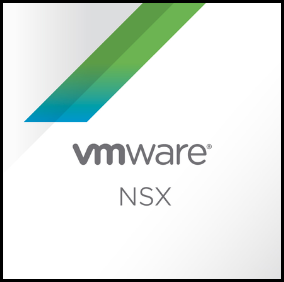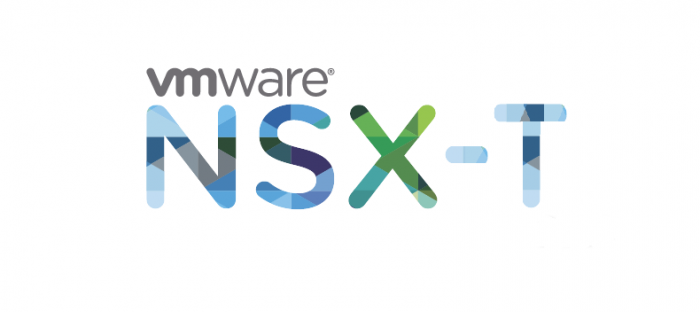I am updating this in 2025, but the sentiment is the same: the VMware that once was is gone.
This is not something that is terribly surprising .. after all, I've already been through a tectonic IT shift in my IT career, which started with 15 years of Unix Systems Administration. I never expected Solaris to die off as suddenly as it did following the Oracle acquisition, and likewise the speed at which people are moving off of VMware technology is astounding. As Hock Tan said to kick things off: "You'll see some changes here, Broadcom is a serious company, about business". Broadcom has made a targeted effort to maximize profits and minimize overhead: significant staff cuts and raising their bundled VCF (VMware Cloud Foundation) prices have led to impressive stock gains, and the core 20% of large customers they consider locked in are paying the way. Gone are the small and medium-sized businesses that cannot afford the core virtualization products when they now include the overhead cost of the rest of the suite of software solutions. Even large customers that were using most of the VCF suite of tools are still seeing huge increases (3x) for on-prem compute capacity. Speaking of products, Hock claimed that they had moved from 8000 SKUs to 4 core products. Another VMware source placed it at 40,000 SKUs company-wide down to 100.
On a personal level, I have moved on to the cloud native providers (AWS, Azure, GCP, Oracle), while Hock Tan made it clear at VMware Explore 2024 that the way forward for VMware was … back to on-prem. The hybrid VMware-everwhere approach is gone in their marketing, even with the Cloud-native solutions still available (AVS, GCVE).
2025: As anticipated, AWS (not Broadcom) has come out with their own EVS (Elastic VMware Service). We observed open hiring on LinkedIn for VMConAWS people to move over to AWS.
While I may lament the change from VMware to VMware by Broadcom, I will applaud the clear vision and focus on product to a single VMware Cloud Foundation (VCF) product line that includes (and automates) everthing about delivering a virtualization platform. I had previously used LifeCycle Manager with vRA / vIDM, the VCF platform brings along a cloud builder to deploy an SDDC Manager and coordinate lifecycle for the vSphere / vSAN/ NSX trifecta. An additional tool I learned about at Explore 2024 was the Holodeck Toolkit: extremely handy for building that nested lab for testing solution deployments. And of course there is a PowerVCF Module that will interact with the SDDC Manager.
A couple other Notes from Explore:
Skyline (for monitoring) will be integrated into vROps
TMCsm will NOT support EKS / AKS.
Tanzu Platform: Policy-as-Code allows for custom policy templates
One of my favorite sessions was Tanzu Platform (TAMB2194LV) on the last day, which covered a lot of specifics for VMware, but also a design approach that can be applied to other Kubernetes platform deployments.
Finally, an additional 2025 update:
I was part of the GovCloud customer base impacted by Broadcom's decision to shutter the VMConAWS offering in AWS GovCloud. They offered 6 months to migrate everything out, which in typical hybrid environments would be challenging. We were able to complete a 100% Cloud migration out to native AWS, but it was a tight squeeze. Needless to say, this greatly disrupted other activities for 2 quarters, and the customer is no longer interested in Broadcom solutions (we migrated off 2 solutions during the cloud move).
Furthermore, our Tanzu Vanguard advocacy group was disbanded this summer (2025) without much fanfare. The older Pivotal Cloud Foundry members/ customers were the most impacted in the Tanzu business unit, as TKG has primarily moved to the VCF Business unit (except for TKGm that we were using).
RIP VMware of old, long live large environment VCF!



